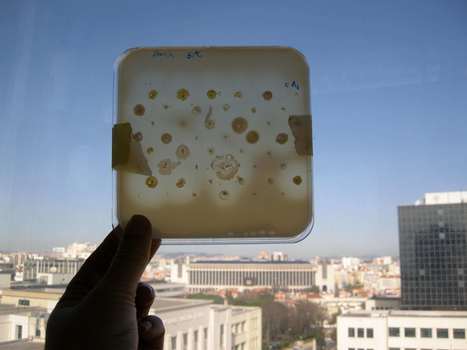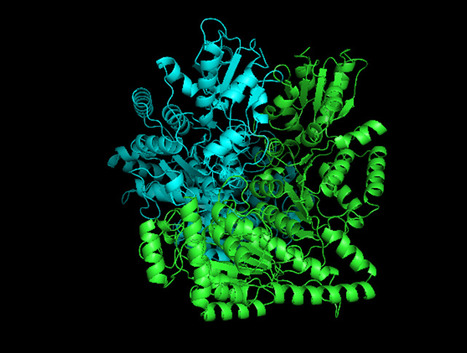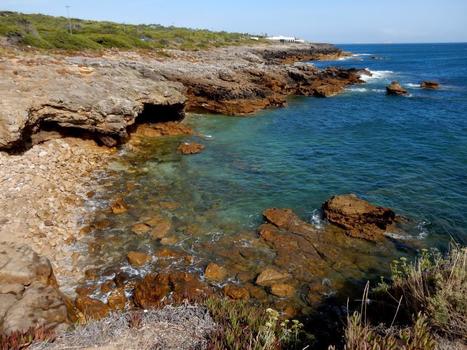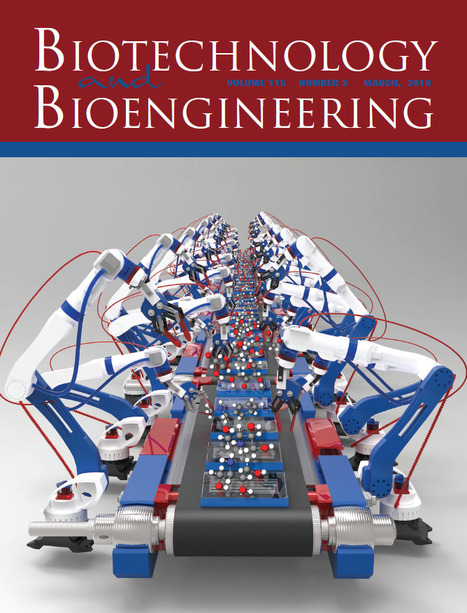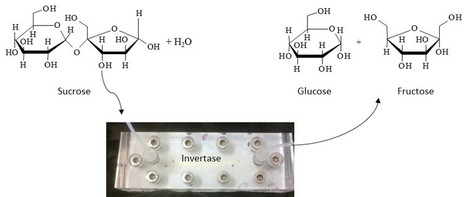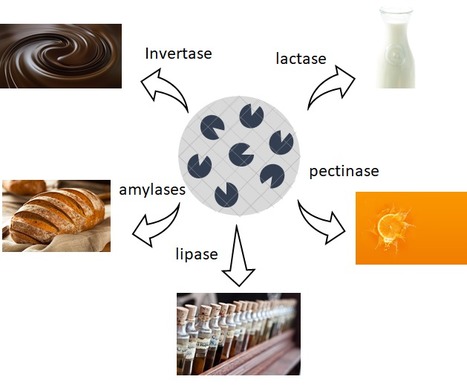
Greener, cost-effective methodologies for food processing and production have been actively looked after because of increased demand due to growing population. Enzymes, as green and highly efficient catalysts, have been a mainstay of food technology. However, the advantageous features of enzymes are negatively impacted by their long-term instability, harsh industrial operational conditions and challenges for enzyme recovery and reuse. Immobilized enzyme formulations have been developed to address these limitations. In a recently published book chapter, Filipe Carvalho and Pedro Fernandes (iBB-BERG) present the latest finding and trends on the design and application of immobilized enzyme for food production and processing. The chapter was published in the book Value Addition in Food Products and Processing using Enzyme Technology, published by Academic Press.



 Your new post is loading...
Your new post is loading...

